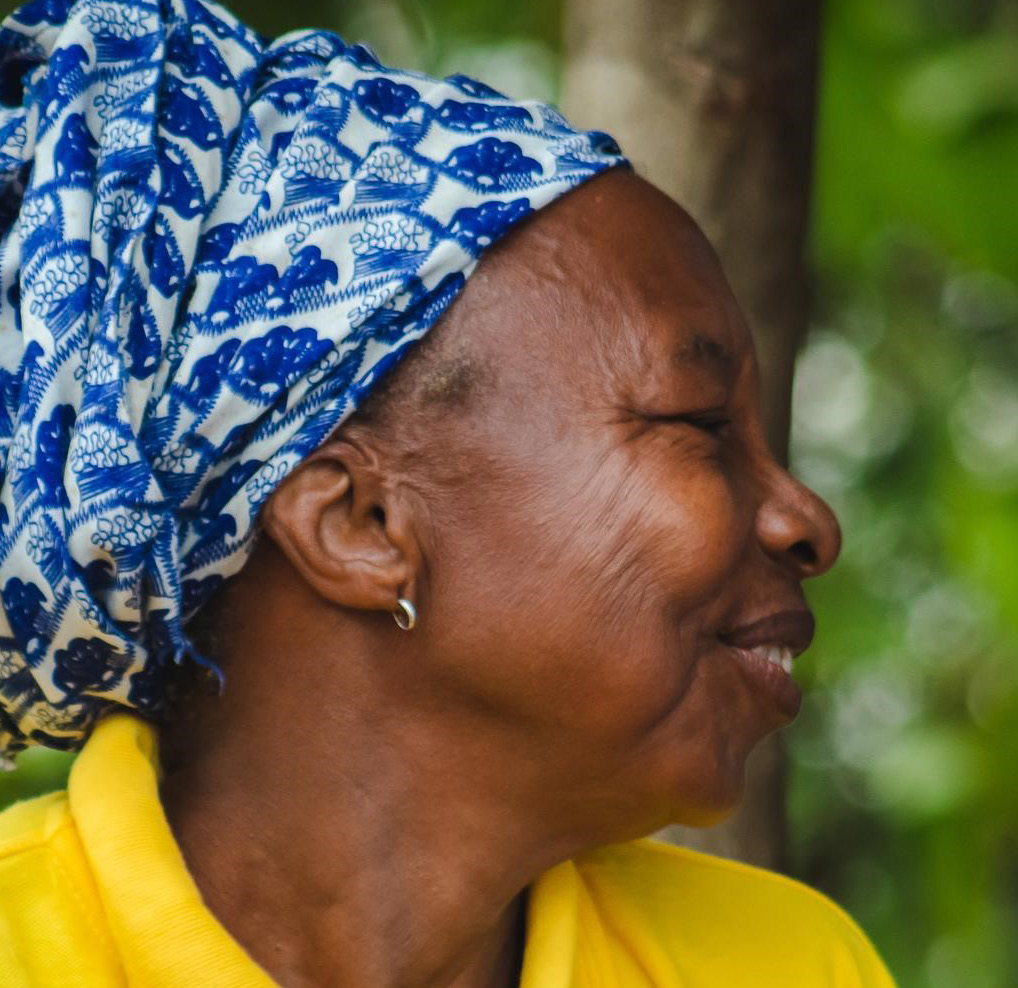The Hodna basin, one of the most important basins of Algeria, marks the transition between the Tellian domain in the north and the Sahara in the south. In addition, hydro-agricultural developments (construction of dams for irrigation) still have very i...
Using Cartographic Documents And Gis For Creation A Hydrodatabase In The Hodna Basin - Algeria





